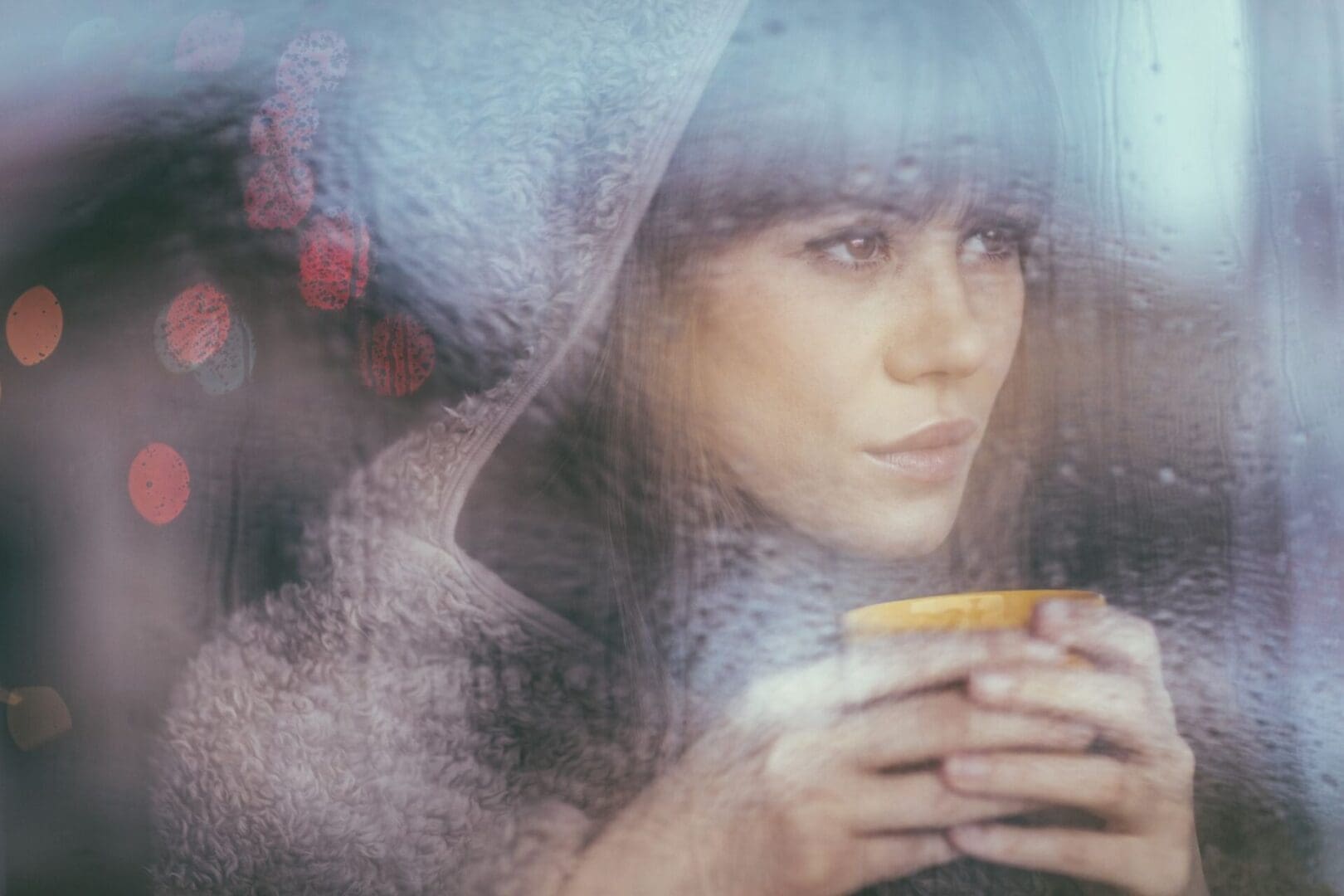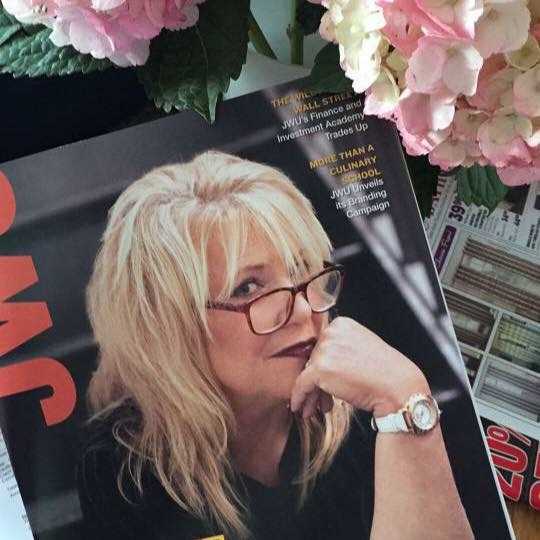Search Posts
Recent Posts
- Outdoors in RI: Help keep recreation areas clean. Invasive Milfoil, trash. 2A update – Jeff Gross July 26, 2024
- Real Estate in RI: Highest-ever sale in Queen’s Grant, EG $1.25M, by Residential Properties July 26, 2024
- Homeless in RI: Gov. Newsom issues Executive Order. Remove California’s encampments. July 26, 2024
- Let the games begin. XXXIII Summer Olympics – John Cardullo July 26, 2024
- GriefSPEAK: What would you do? – Mari Dias Nardolillo July 26, 2024
Categories
Subscribe!
Thanks for subscribing! Please check your email for further instructions.

GriefSpeak: Coronavirus and the Grievers
By Mari Dias
A new client, Sharon came into my office yesterday. When she checked off “always” for “lonely” on the intake assessment, I noted this and brought it up later in the session. “What does lonely feel like for you? What emotions do you associate with loneliness?” “Sad,” she replied. “Sad and lonely because my adult daughter died, and lonely because she’s gone.
Sharon represents the thousands of grievers across the world who feel alone, lonely and sad. These expected reactions to acute grief (first 6 months after the death) are exacerbated exponentially by the new normal of “social distancing”. I heartily agree with Kindred Psychology’s Facebook post “ Let’s reframe Social Distancing and call it Physical Distancing and Social Solidarity Movement. We need each other.”
Isn’t that what we really mean? Physical distancing? Semantics matter. The prevalence of this coronavirus has resulted in an increase of mental health issues of depression and anxiety. And loneliness. We need to physically distance ourselves from the grievers, along with hospitalized patients, loved ones in nursing homes and assisted living facilities. They are all lonely, but our grievers are experiencing a different kind of lonely, perhaps combined with depression and anxiety along with physical and psychological pain. Be empathetic. Put yourself in their place. Have you ever grieved? Then picture yourself at that moment with a mandate to hunker down at home.
Moreover, funeral homes and churches are mandated to follow the physical distancing protocol. This means that you can have no more than 25 people in the funeral home at one time, despite several wakes occurring simultaneously. Masses have been cancelled; however, you may have a brief service (no mass, no communion) with no more than 25 grievers. We cannot conduct a celebration of life or the closure that wakes and funerals provide. This is the new (temporary) normal.
As we reach out to those in need: the elderly, disabled, children, pregnant mothers and nursing babies, we need to reach out to the grievers. Call. Facetime. Send a virtual card, a kind email. There are also online chat rooms for grievers. Don’t forget them. Let’s engage in a social solidarity movement. We all need each other.

Dr. Mari Dias is a nationally board-certified counselor, holds a Fellow in Thanatology and is certified in both grief counseling and complicated grief. She is Professor of Clinical Mental Health, Master of Science program, Johnson & Wales University. Dias is the director of GracePointe Grief Center, in North Kingstown, RI. For more information, go to: http://gracepointegrief.com/
